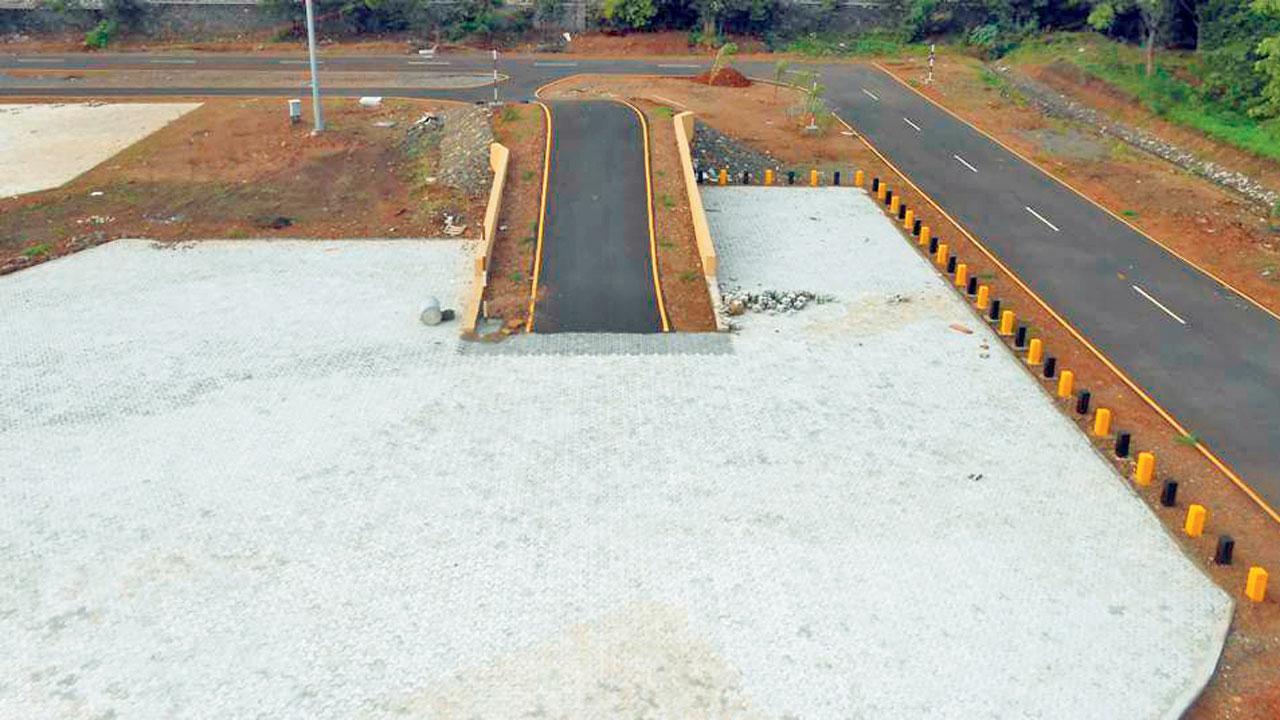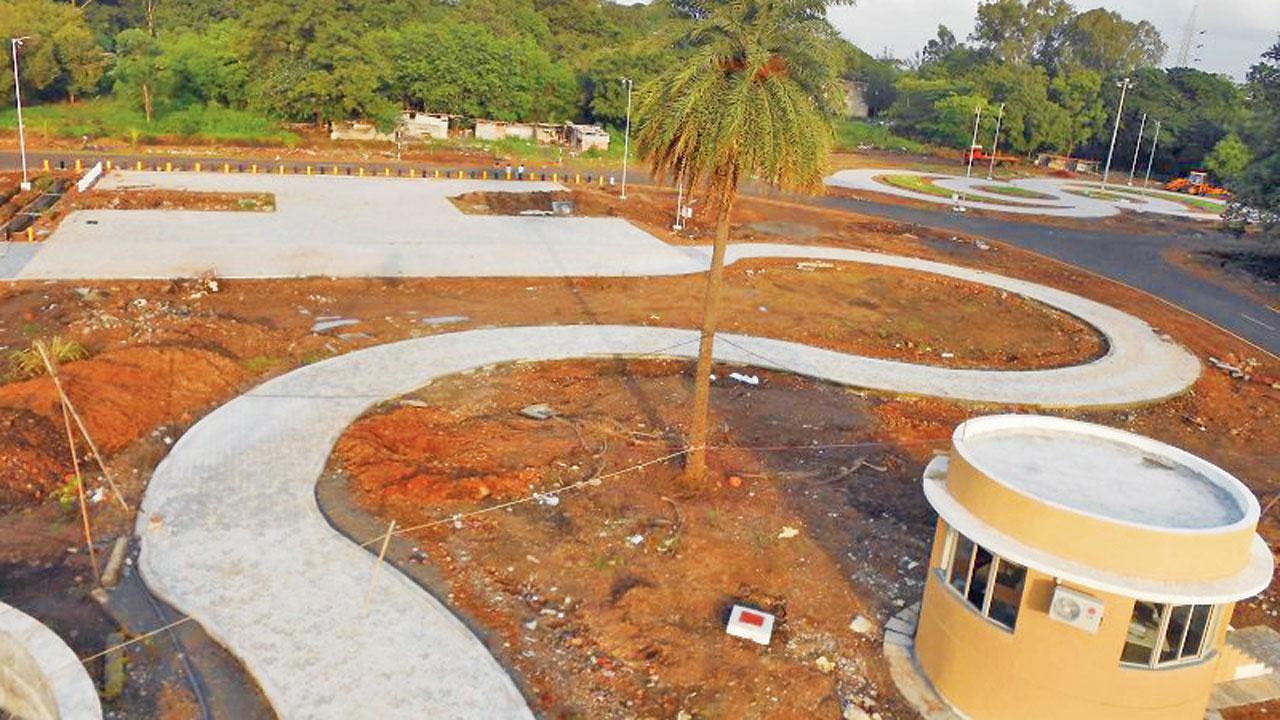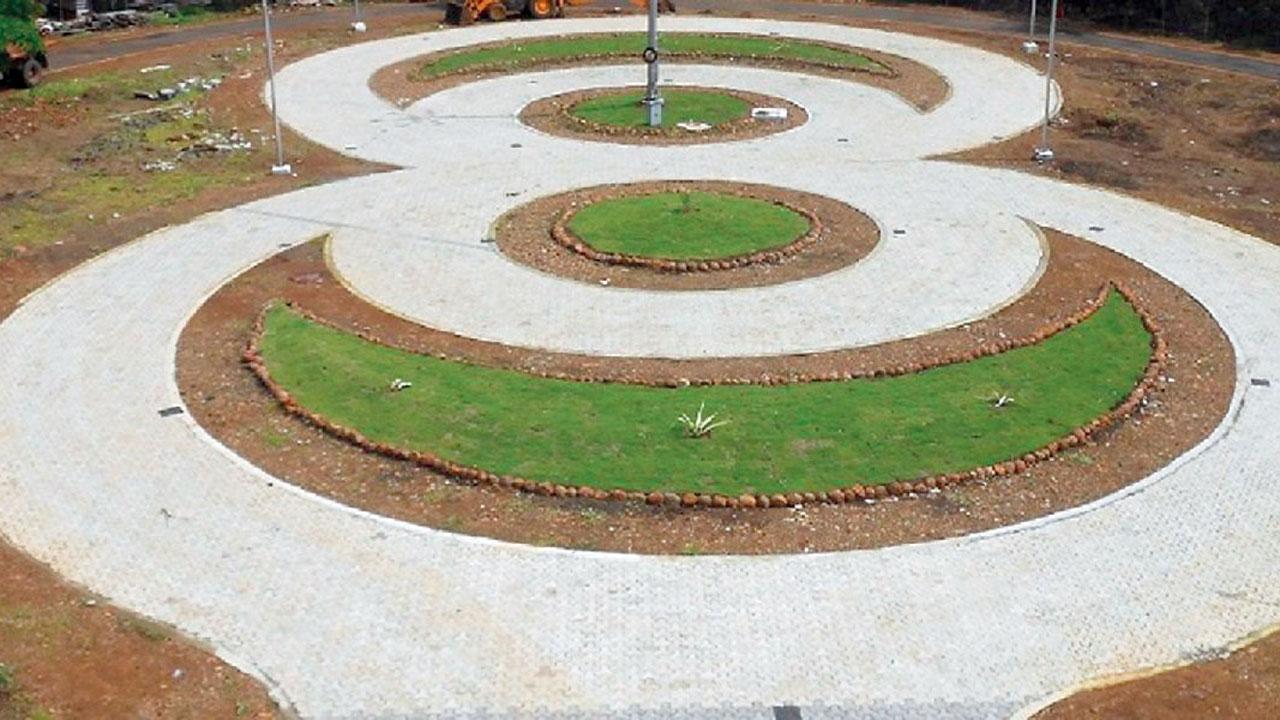Mumbai and 16 other cities in Maharashtra to get AI-administered automated traffic tests before licences are awarded; no more jugaad, fixing or influence peddling, promise officials

Transport department plans to establish Automated Driving Test Tracks at multiple locations in Maharashtra
Saddled with the burden of a higher rate of road accidents and traffic indiscipline, the Maharashtra Motor Vehicles Transport Department is introducing Artificial Intelligence (AI)-based tests for driving exams. Mumbai is among the 17 locations in the state where automated driving test tracks integrated with AI software for minimal human intervention will be built. In 2022, Maharashtra registered a total of 33,069 road accidents, compared to 32,925 in 2019, indicating a 0.44 per cent rise. Fatalities increased by 16.38 per cent according to statistics.
ADVERTISEMENT
According to the WHO, road accident injuries are the fifth leading cause of death in India. Accidents account for loss of about 3 per cent of GDP every year. While various factors contribute to road accidents, research has highlighted driving skills as a major factor. Therefore, assessing drivers’ perceptual and motor skills remains crucial for road safety. With this aim, the transport department plans to establish Automated Driving Test Tracks at 17 locations in Maharashtra,” a senior official explained.

“Given the volume of tests, the workload at RTOs is immense. It’s often not feasible to assess every individual’s driving skills as per standards. For instance, in 2021-2022, 26,60,628 driving tests were conducted at all 50 RTOs in Maharashtra. The automated test tracks aim to scientifically evaluate safe driving skills transparently, removing human intervention during tests. Candidates must clear the test based on AI parameters, eliminating corruption and ensuring basic safety requirements,” the official added.
“Under the new project, seven out of the 24 test assessment points/parameters checked before issuing driving licenses as per Central Motor Vehicle Rule 15 have been automated. The tracks will be designed for testing three classes of vehicles: two-wheelers, light motor vehicles (cars, etc.), and medium/heavy commercial vehicles (trucks, trailers). The tracks will include figure-of-eight tracks, H-tracks, traffic signal tests, zebra crossing tests, zig-zag turns, gradient tests, and serpentine tracks for two-wheelers. Video cameras will be strategically placed on all tracks,” he elaborated.
Regarding the AI integration, the official mentioned that parameters like face recognition and applicant identification will be incorporated into the tests. The system will generate real-time driving test results after completing each type of track. It will employ deep learning, machine learning, etc., simulating real-life scenarios such as sudden pedestrian/object appearances and slow traffic movement.

The tracks will include figure-of-eight tracks, H-tracks, traffic signal tests, zebra crossing tests, zig-zag turns, gradient tests, and serpentine tracks for two-wheelers
Among the 17 locations, Mumbai Central will have two test tracks for two-wheelers and one for light motor vehicles. The other 16 areas include Badnera (Amravati), Buldhana, Nagpur City, Nagpur Rural, Nagpur East, Nanded, Ahmednagar, Alandi-Pune, Aurangabad, Hadapsar-Pune, Jalgaon, Saswad-Pune, Kolhapur, Nandivali Thane, Panvel, and Pen.
Basic objectives of the project include scientifically evaluating applicants’ safe driving skills, establishing an efficient and transparent system with minimal human intervention, reducing waiting times for driving license issuance, promoting proper driving training, and enhancing awareness of traffic and driving rules as per Central and State MV Rules.
 Subscribe today by clicking the link and stay updated with the latest news!" Click here!
Subscribe today by clicking the link and stay updated with the latest news!" Click here!








